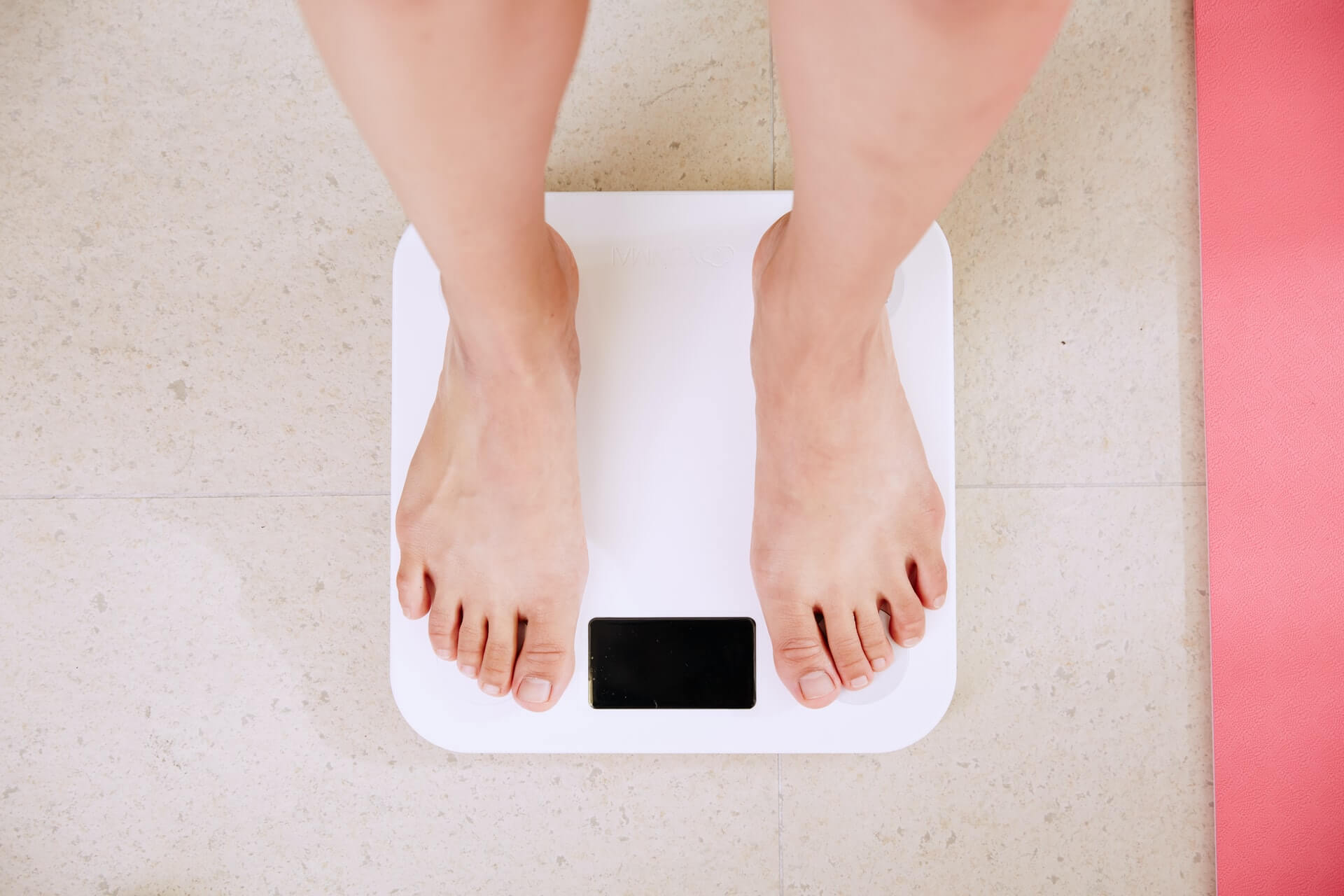Many people have found success on the keto diet. Some report experiencing blood sugar control, weight loss, and mental clarity, while others have used keto as a tool to lower their risk of cancer and other metabolic health problems (1). While learning about these benefits can be a reason to start the diet, doing so can present a potential issue: Constipation.
Why Does Constipation Happen on the Keto Diet?
Constipation can occur during the keto diet due to several reasons. Firstly, the diet is said to be low in fiber as many high-carb foods that are typically rich in fiber are restricted. Examples of these carb-rich foods include oats, quinoa, apples, and beets. Unless a person finds low-carb foods with fiber, constipation may occur.
Secondly, dehydration can be an issue on the keto diet in those who do not drink enough water and replenish it with electrolytes. Dehydration leads to reduced water content in the intestines and harder stools.
Lastly, changes in gut bacteria composition due to the altered diet may also contribute to constipation. To alleviate constipation, individuals on the keto diet should prioritize fiber-rich foods, stay well-hydrated, and consider probiotic supplements to support gut health.
How Long Does Keto Constipation Usually Last?
The duration of keto constipation can vary from person to person. For some individuals, constipation may occur shortly after starting the keto diet and last for a few days to a week as their body adjusts to the dietary changes. In many cases, constipation tends to improve over time as the body adapts to the new eating pattern.
However, for others, keto constipation may persist for a more extended period, especially if they do not take steps to address it. Factors such as hydration, fiber intake, individual physiology, and dietary choices can influence how long constipation lasts.
How to Treat Keto Constipation
To treat keto constipation, there are several strategies you can try:
- Increase fiber intake: Incorporate low-carb, fiber-rich foods into your diet, such as leafy greens, avocados, chia seeds, flaxseeds, and low-carb vegetables like broccoli and cauliflower.
- Stay hydrated: Drink plenty of water throughout the day and include electrolytes to maintain adequate hydration levels and soften the stool. Since inadequate fluid intake is a common cause for constipation, make sure you increase fluids (2).
- Use MCT oil: Medium-chain triglyceride (MCT) oil, commonly used in the keto diet, can also help alleviate constipation. Start with a small amount, such as 1 teaspoon, and gradually increase as needed, as consuming too much MCT oil may lead to digestive discomfort.
- Consider magnesium supplementation: Magnesium can have a mild laxative effect and may help relieve constipation. It works by relaxing muscles in the digestive tract and drawing water into the intestines (3). Before taking this supplement, consult your healthcare provider.
- Exercise regularly: Engaging in physical activity can stimulate bowel movements and promote regularity. Whether you walk, do yoga, and activities that engage the core, it doesn’t matter. What’s important is that it gets your body moving.
- Probiotics: Consider taking probiotic supplements to support a healthy gut microbiome, which may improve digestion and alleviate constipation.
- Avoid excessive dairy: Some individuals on the keto diet may experience constipation due to dairy consumption. Research shows that 30% of lactose intolerance cases include constipation as a symptom (4). If you suspect dairy might be a contributing factor, try reducing or eliminating it from your diet temporarily.
- Evaluate your fat sources: If you’re consuming large amounts of certain fats that may be difficult to digest, such as long-chain triglycerides (LCTs), consider switching to different sources of fats that are better tolerated.
Remember that everyone’s body is different, and it might take some trial and error to find the right combination of strategies that work for you. If constipation persists or becomes severe, see a healthcare professional for thorough evaluation and advice.
How to Preven Keto Constipation
To prevent constipation while following a keto diet, focus on increasing fiber intake by including low-carb vegetables, avocados, and seeds (such as chia seeds and flaxseeds) in your meals. Stay well-hydrated by drinking plenty of water throughout the day to soften stools and aid digestion. Additionally, consider incorporating MCT oil to support bowel regularity and exercise regularly to stimulate bowel movements and maintain digestive health.
Is Constipation a Common Side Effect of the Keto Diet?
Yes, constipation is a common side effect reported by some individuals who follow the keto diet. The ketogenic diet is typically low in carbohydrates and high in fat, which can lead to changes in bowel habits for some people. The reduction in carbohydrate intake may result in a lower intake of fiber, a nutrient essential for maintaining regular bowel movements.
Moreover, some people may experience dehydration on the keto diet, which can further contribute to constipation. It’s important to note that not everyone on the keto diet will experience constipation, as individual responses to the diet can vary.
When Should I Seek Medical Attention for Keto Constipation?
You should seek medical attention for keto constipation if it persists for an extended period, typically beyond a couple of weeks, despite dietary and lifestyle adjustments.
Watch out for symptoms like severe abdominal pain, bleeding, unintended weight loss, and signs of dehydration. If you have a history of digestive issues, visit a doctor. Prompt medical attention can help identify any underlying health problems and provide appropriate treatment or guidance for managing constipation on the keto diet.
The Bottom Line
Making a huge change in your diet can lead to both positive effects and potential side effects. As for the side effects, digestive problems may occur, such as constipation. Since every person is unique, not everyone will experience constipation on keto.
But, for those who do, you can follow the strategies we’ve discussed in this guide. Plan your meals in a way that includes fiber. Hydration and getting physically active are also tried and true methods for alleviating constipation.
If constipation persists despite trying home remedies and dietary adjustments, know that a health professional can suggest prescription medications.



